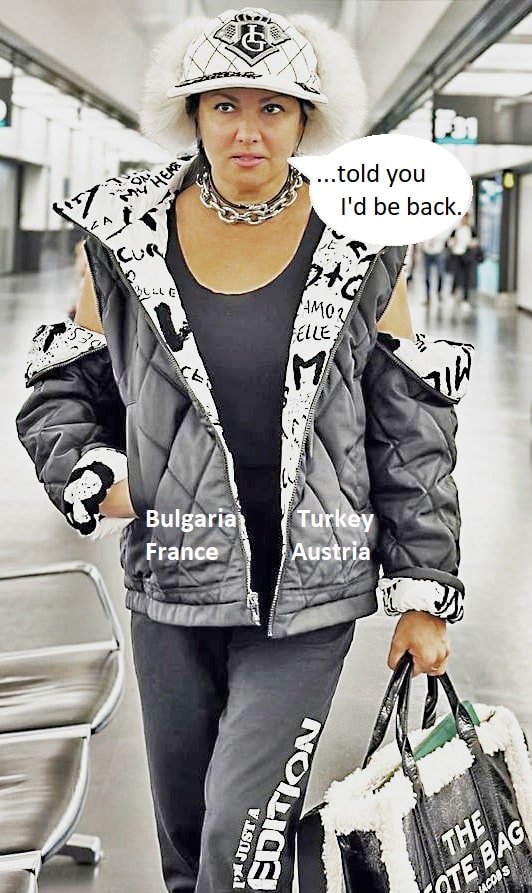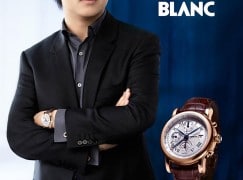Review: A prophet with some honour
OperaRoving critic Susan Hall has been to see Meyerbeer’s Le Prophète at Bard College, its first US staging in almost half a century. Worth the wait?
by Susan Hall
Leon Botstein regularly produces musical works not often performed. At Summerscape, Dr. Botstein’s Bard music festival, he conducts Giacomo Meyerbeer’s Le Prophète. The work premiered in Paris in 1849, a year of revolution. Another topic, the fraudulent prophet, is familiar to today’s audiences.
Some operas can be conducted on auto-pilot, Dr. Botstein remarks. Not this one. The music turns from one form to another on a dime: military marches, skating waltzes, and folk tunes played on shepherd’s pipes and sheep bells are the least of its pleasures. The American Symphony Orchestra is up to the challenge.
The vocal music is rich. In this unusual story, the love interest is between mother and son, Jean. The mother, Fidès, sings emotionally-wrenching and beautiful arias for mezzo. Written originally for Pauline Viardot, who had a two-and-a-half octave range, Jennifer Feinstein places notes at one moment on the breath, slightly trembling at the top, and the next moment gurgling from the chest.
Amina Edris as Berte, Jean’s fiance and later a terrorist, commands her solos and duets, giving us a lovely performance. Bass Nate Mattingly of the chorus is noteworthy in his solo.
Robert Watson sings the lead tenor role, Jean, the pretender prophet. Well-known for leading roles at major European opera houses, his difficulties early on were a fluke. His helden voice finally settled in. Yet Mr. Watson never sings the falsetto some tenors use when referring to holy ones.
Christoper Räth, director and designer, is used often by Bard. The primary curtain opens with a cross, the opera title forming a horizontal plank. Soon we will have a central Christ-like face, and then a wreath of barbed wire or nettles. Finally, the cross collapses in a Gotterdammerung scene and the world falls apart. And these are only the introductory curtains. A triptych of blocks can be joined to form a theater. It can provide centurion views for the three Anabaptists who induce Jean to fake Christ. Stairs wind inside each block, sometimes visible and, at others, not. Lighting goes from blue to grey to red depending on the emotional temperature of the scenes. And so on.
Räth directs for physicality. Gestures are particularly dramatic. The marvelous chorus under James Bagwell collectively thumps its heart and then extends its arm. Repeat. The only action that confused was the Count’s quick mounting of Berte on a desk. Was this in his head, felt, or an actual event?
While the music is not based on harmonics which might have added feeling to various scenes, it is often lovely. Yet the yearning Wagner half steps are absent and the story is flattened as a result. Although we did not wait in delicious, tortured expectation for the fiery conclusion, the production was satisfying.






Comments